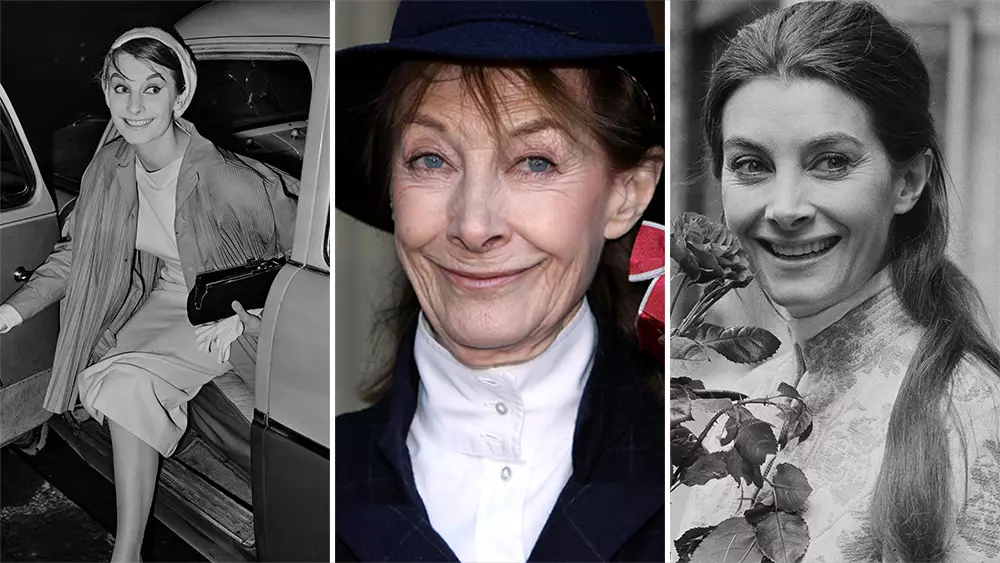Jean Marsh, an Emmy-winning actress, co-creator, and a paragon of British television, has passed away at the age of 90, leaving behind a legacy that has profoundly shaped period dramas. Known predominantly for her role as Mrs. Rose Buck in the landmark series “Upstairs, Downstairs,” Marsh’s contributions to the arts extend far beyond mere acting; they signal a transformative chapter in television history where class struggles and humanizing narratives took center stage. “Upstairs, Downstairs” was not just another series; it marked the dawn of storytelling that deftly navigated the complexities of human relationships across social strata, creating a template that contemporary shows like “Downton Abbey” would later emulate.
As her friend Michael Lindsay-Hogg revealed, Marsh’s health deteriorated due to complications from dementia, a reminder of the cruel realities that often accompany extraordinary lives. While her passing is a tragedy, it also brings forth a celebration of a vibrant career fraught with both challenge and fulfillment. This duality in her life reflects the very narratives she helped craft—rich in detail and often tinged with the melancholy of loss and love.
Impact on Cultural Landscape
Born Jean Lyndsay Torren Marsh in 1934, her journey to stardom exemplifies resilience and creativity. In an era where women’s voices were often marginalized, Marsh’s role as a creator and an actor was revolutionary. She collaborated with a generation of storytellers and craftspeople, crafting tales that resonated with societal changes from the Edwardian period through the 20th century. Her portrayal in “The House of Eliott,” a series that championed women’s ambitions in the fashion industry, was yet another testament to her commitment to portraying strong female characters in a world dominated by patriarchal values. Marsh didn’t just perform these stories; she was instrumental in narrating them, crafting narratives that celebrated intelligence and ambition within the constraints of society.
Her body of work includes collaborations with legends like Alfred Hitchcock, and her appearances in iconic series such as “Doctor Who,” reveal her versatility and willingness to push the bounds of performance. Even in her later years, her return to “Upstairs, Downstairs” showcased not only her enduring talent but also her relevance in a landscape that frequently overlooks aging artists.
A Tragic Closure
Though Marsh’s career was illustrious, it is impossible to overlook the bittersweet nature of her later years, marked by the pervasive shadow of dementia. The slow decline of the mind and the fading of memories is not just a personal tragedy but a broader commentary on how society often disregards its elders. Marsh’s story raises pertinent questions about how we cherish and uplift the voices that have shaped our cultural fabric. We must challenge the systems that forget our heroes as they age, ensuring their contributions are recognized not just in memory, but in ongoing dialogue.
Reflecting on Marsh’s legacy invites us to revisit not only her magnificent body of work but also the urgent need for a cultural environment that values and protects its artists across their lifespans. As we remember Jean Marsh, let us not only celebrate her achievements but also commit to a future where the contributions of individuals like her are revered and their stories continuously told.

